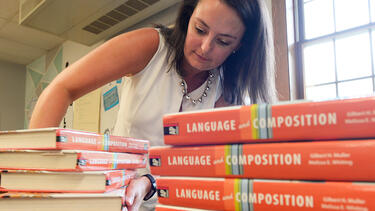Education
Why Is Enrollment Plunging in the Public Schools?
Public school enrollment has dropped sharply since COVID-19, with some students moving to private or charter schools and others leaving the system entirely, according to a new report co-authored by Prof. Faidra Monachou.

Real-Time Placement Odds Can Smooth the School Choice Process
Some families going through the school placement process overestimate their chances of getting into their top choices, and fail to match at any school as a result. Warnings about the placement odds at top schools can dramatically reduce non-placements.
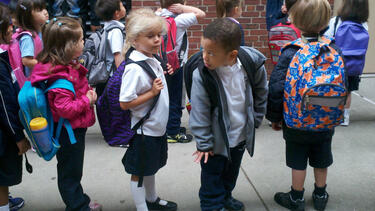
How the Philadelphia Schools Confronted Systemic Racism
William Hite, Philadelphia’s superintendent of schools, describes how the system sought to create an inclusive process for rooting racism out of its structures.
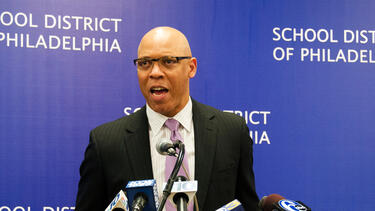
Century-Old Harvard Records Show How Social Connections Help the Elite
A study co-authored by Yale SOM’s Seth Zimmerman, drawing on a trove of archival student records, suggests that membership in exclusive clubs propelled students from the top prep schools to higher incomes, while good grades did little to lift other students into the top-earning tier.
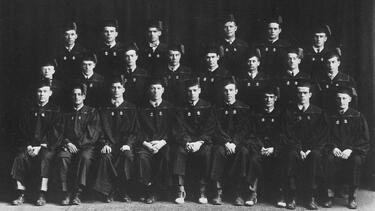
Weakening Unions Can Lead to Gender Gap in Wages
In 2011, legislation in Wisconsin reduced the power of unions to negotiate teachers’ salaries. Within five years, male teachers started earning more than women did.
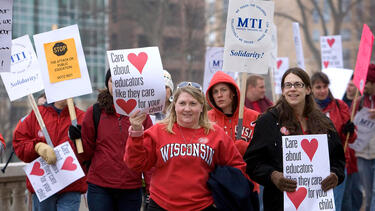
Leading Hartford Back to School
This week, students in the Hartford Public Schools, one of the largest districts in Connecticut, returned to the classroom for the first time since March. We talked to Superintendent Leslie Torres-Rodriguez about the challenges she has faced and the possibility of lasting change.
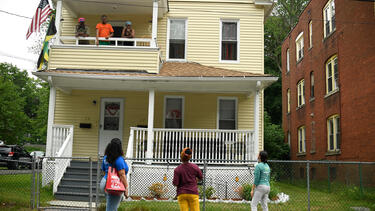
Training Girls for the Building Trades, Virtually
Demi Knight Clark, founder of She Built This City, describes how she remade a nonprofit that teaches hands-on buildings skills for a world forced to go virtual.

Equalizing School Spending Boosts Lifelong Income
School finance reforms that equalize spending across rich and poor neighborhoods improve the long-term economic outcomes of disadvantaged children.
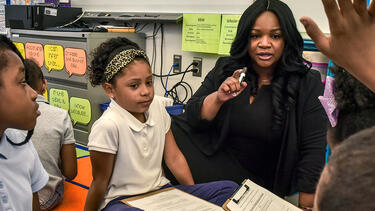
Can Civics Education Repair a Failing Democracy?
Louise Dubé ’88 of the nonprofit iCivics argues that engagement in civic life requires skills that many schools no longer teach.
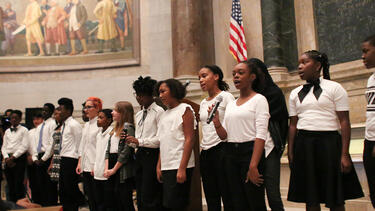
Does Performance-Based Pay Improve Teaching?
Yale SOM economist Barbara Biasi studied what actually happened when some school districts in Wisconsin started paying partly based on effectiveness.
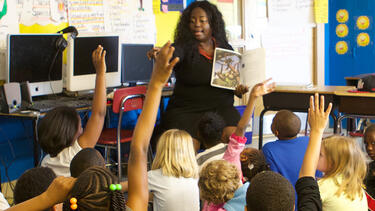
Three Questions: Prof. Barbara Biasi on Teacher Pay
We asked Barbara Biasi, a labor economist with a focus on education, about this year’s teachers' strikes and the wider implications of how we compensate teachers.
